What is dementia?
Dementia is a mental illness that affects the brain, and because the brain controls the body, the body also starts to shut down. It starts in a particular area of the brain that controls memory, so the first signs are memory related and communication but then other areas of the brain become affected, as the damage starts to spread.
With dementia, the brain cells start to die; in fact, when analysing the brain of a person with dementia in the later stages it has 25% less brain matter.
The life expectancy with dementia is eight to 12 years from the first time symptoms emerge. Dementia can progress slowly or very fast but it is difficult to determine how it will progress. Unfortunately, the younger the person is, the faster the progression most of the time. Everyone's experience of dementia is unique and the progression of the condition varies.
Dementia is not a direct consequence of ageing and the fact that one is growing older does not necessarily mean s/he will get dementia.
It is important to note that although brain function is affected pain receptors are not. Therefore, the misconception that since these people cannot communicate they do not feel pain is completely untrue.
Women suffer most from dementia, with double the number of women being affected more than men are. One of the primary reasons is that women live longer than men do. However, eliminating this fact and also excluding hormone function which does not put women at a greater risk, the factors for this misbalance between genders are unknown.
Unfortunately, there is currently no cure for dementia.
You have to accept he does not recognise you, but he is still your father
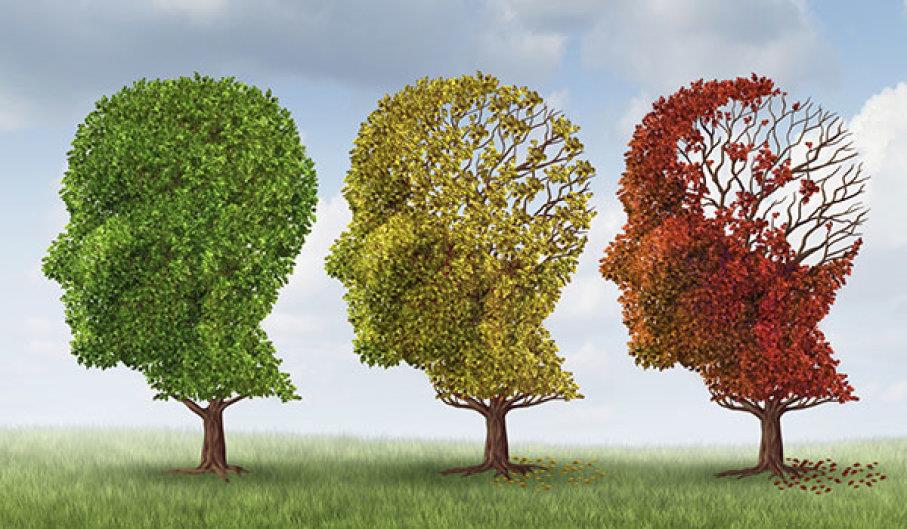
What causes dementia?
It is not yet known what brings about dementia and although some forms of dementia do have a genetic link; it is only about three per cent to five per cent of cases that are genetically predisposed. In the case of genetically linked dementia, it generally occurs earlier on, when the person is in his/her 40s or earlier. This type of dementia is also linked to Alzheimer's disease.
How are Alzheimer's disease and dementia-related?
Alzheimer's disease is the most common form of dementia. Dementia is a group of symptoms that affect mental cognitive tasks such as memory and reasoning. Dementia is an umbrella term under which Alzheimer's disease falls. People can have more than one type of dementia.
Typically, in other European countries, the general term used is Alzheimer's disease while in Malta it is generally referred to as dementia. Malta started relatively late in the field of dementia so the stigma associated with the term 'dementia' was not so strong here.
The term dementia comes from the word 'demented' which has certain stigma and negative connotations. Other countries experienced this association in the past and so prefer to use the term Alzheimer's disease.
Especially in Asian countries, where the term dementia translates into "old man stupid" in Chinese, for example, they prefer to not use this term due to the obvious negative associations.
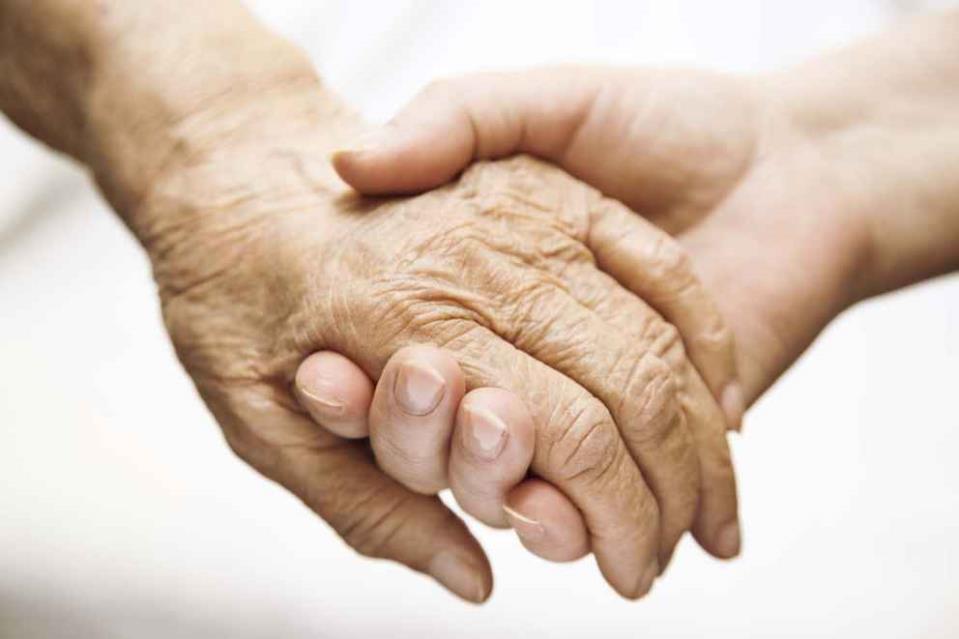
Why is dementia considered a stigma?
Mental health problems always brought a certain degree of stigma and in the past people who had mental health problems were hidden from society. Mental health illnesses are the most confusing for the standard person to understand and that in itself brings about this onus.
In some people with dementia, the centre of the brain that controls social behaviour is affected and when this happens all social inhibitions are lost. What this means is that these people act in a way that is not acceptable to society; for example, feeling hot and stripping off in public.
"Unfortunately this is the part which most members of the family worry about... When a person reaches this level it is then that members of the family seek to have them institutionalised," Scerri said.
What are the first signs of dementia?
Since dementia affects the part of the brain related to memory, one of the first symptoms is short-term memory loss. Long-term memory function remains very strong.
One will notice that the person will start asking the same lot of questions all the time. The reason for this is that the information one is providing him/her is not being registered. For example, the person will ask what the time multiple times.
Initially, the person is aware that something is wrong, that his or her memory is no longer what it used to be.
Another early sign of dementia is communication and the use of language. A person will be speaking and halfway through the sentence stop because s/he would not be able to recall the word or else confused as to how they started the sentence.
As a result of these symptoms, the person tends to shun social events in order to avoid situations where they have to converse. An outgoing person can become withdrawn which can easily be mistaken for depression. Early onset of dementia and some symptoms of depression are similar and as a result are easily confused and misdiagnosed.
In the further stages of dementia, one will start to find the activities of daily living difficult. Most activities we do on an everyday basis are done automatically like drinking, eating, showering, getting dressed. A person with dementia will start finding it difficult to perform these tasks. This is not something that happens immediately but progressively.
Another symptom of dementia is an element of confusion especially of space and time, so misplacing items is common like, for example, finding shoes in the fridge.
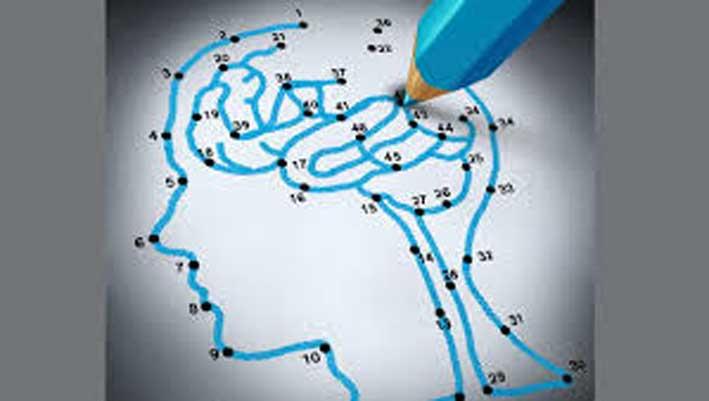
Is dementia only related to old age?
Although dementia is more common in the older years, it can affect anyone. People of a younger age should not disregard symptoms of dementia based solely on their age.
Dementia can affect people of any age and although very rare, it can even affect babies.
What can caregivers do to help people with dementia?
Most of the tasks should be done following a certain sequence, so it would be useful for people with dementia to have the sequence set out for them. Getting dressed is one of these difficulties so their clothes should be set out in the way they need to be worn, like socks need to be at the top of the pile.
In Malta, about 80 per cent of people with dementia live in the community which is ideal. Keeping the same environment for people with dementia is essential; however, there comes a time when professional help is required. There are many services available for community care in dementia.
The distinction between colours is very helpful for people with dementia; so for example, the wall colour should be a different colour from the floor. If there is a door which one would want a person with dementia to go out of, it should be a contrasting colour. Tablecloth, plate, cutlery and food should also be of different colours.
Gardens are very important for people with dementia as they provide sensory stimulation.
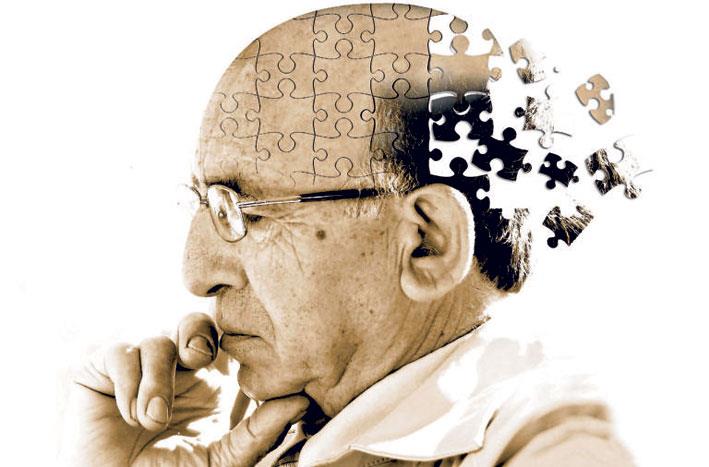
Can a person die of dementia?
While a person cannot die of dementia, s/he can die because of dementia. Dementia brings the person's body and mind to such a fragile point that it causes other issues. Especially with the impaired ability to move, a person in the late-stage of dementia is at risk of a number of medical conditions. In the end, most people with late-stage dementia die of a medical complication related to their underlying dementia.
Dementia in numbers
By 2050, the projection is that approximately 50,000 people will be affected by dementia. This includes the people with dementia and their family members.
As a society, we are living longer and the older one gets the higher the probability of dementia. At the moment there are over 6000 people in Malta that have dementia, which equates to about 1.3 per cent of the total population. The same proportions and projections are the same for all other developed counties.
The money spent globally on dementia for 2018 was $1 trillion and it is estimated that this will double by 2030.
Dementia starts in the brain about 15 to 20 years before the first symptoms appear.
Caregivers are mostly women
Studies have shown that caregivers for people with dementia are mostly women and this trend is also seen in other countries. Even if the in-law is the person with dementia, it is still the woman who will be the caregiver. Men participate in the logistics.
"Women are the ones who have to stop work or resort to reduced hours just to care for a person with dementia," Scerri says.
This is a cultural trend which is present in several cultures, especially in Asia; however, Northern European countries focus more on residential care rather than community care.
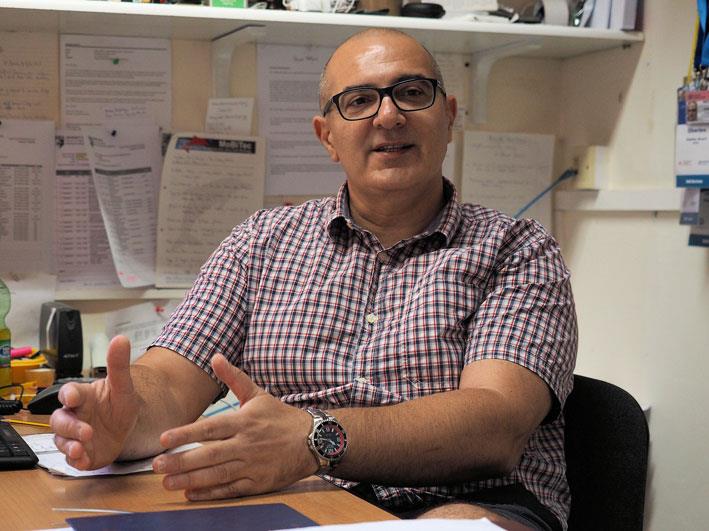
What community services are available for people with dementia?
There are plenty of community services available for the elderly and in particular for dementia there is the Dementia Intervention Team and the Dementia Helpline.
The Dementia Helpline 1771 is a 24-hour helpline which aims to answer any queries about dementia. It is open to everyone.
The Dementia Intervention Team composed of a number of professionals specialised in the field of dementia, including nurses and occupational therapist. This team do home visits to help you understand the diagnosis, what services are available, how the home can be fixed to be more dementia friendly, what activities can be done at home to help people with dementia. This is a free service.
There are also two Dementia Activity Centres in Malta and Gozo. These centres provided specialist care for people with dementia during the day, specifically aimed for caregivers who work.
There are also respite services for people with dementia but Scerri explains there is a need for more community-based respite so as not to disrupt the environment and routine for the person with dementia.
Problems faced in Malta related to dementia
As Scerri explains, there are very few specialists in the field of dementia, possibly due to the explosion of awareness in Malta on the subject over the last few years, and the time it takes to train people. This results in a lack of services available to people with dementia.
A Masters in Ageing and Dementia Studies is currently being offered at the University of Malta to encourage individuals to specialise in the subject.
Activities for caregivers and people with dementia
The Malta Dementia Society organise a number of activities for caregivers and people with dementia. One is known as "Dementia Cafe", a concept created worldwide where caregivers meet in an informal manner over a cup of coffee to share their experiences. Professionals are also present to answer any questions.
A walk called “memory walk” to raise awareness on Dementia, which is done all over the world, will be held in Malta on 22 September.
More information can be found by following the Malta Dementia Society on Facebook